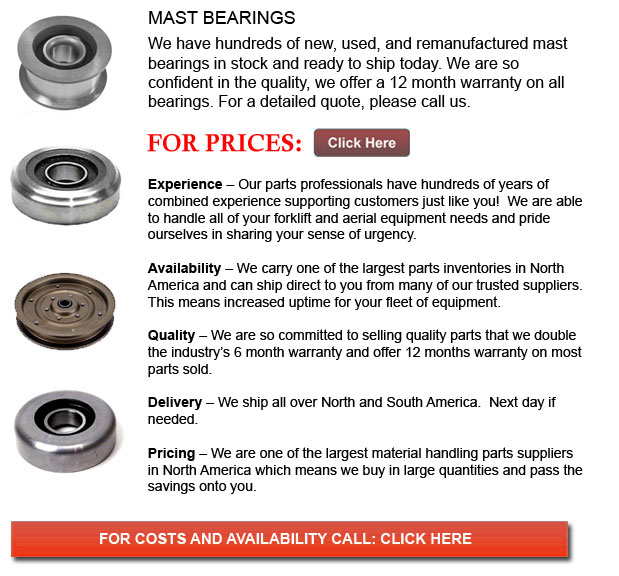
Mast Bearing - A bearing is a gadget that enables constrained relative motion between two or more parts, usually in a rotational or linear procession. They can be commonly defined by the motions they allow, the directions of applied cargo they can take and according to their nature of operation.
Plain bearings are very widely utilized. They utilize surfaces in rubbing contact, normally together with a lubricant like for instance graphite or oil. Plain bearings may or may not be considered a discrete tool. A plain bearing can comprise a planar surface which bears another, and in this particular instance will be defined as not a discrete device. It may consist of nothing more than the bearing surface of a hole together with a shaft passing through it. A semi-discrete instance would be a layer of bearing metal fused to the substrate, whereas in the form of a separable sleeve, it will be a discrete gadget. Maintaining the proper lubrication enables plain bearings to be able to provide acceptable accuracy and friction at minimal expense.
There are various bearings which could help enhance and cultivate effectiveness, reliability and accuracy. In various uses, a more fitting and specific bearing could enhance service intervals, weight, size, and operation speed, therefore lessening the overall costs of using and buying equipment.
Bearings would vary in materials, shape, application and needed lubrication. For instance, a rolling-element bearing would make use of drums or spheres between the parts to be able to control friction. Less friction gives tighter tolerances and higher precision than plain bearings, and less wear extends machine accuracy.
Plain bearings can be made of metal or plastic, depending on the load or how corrosive or dirty the surroundings is. The lubricants which are used can have considerable effects on the lifespan and friction on the bearing. For example, a bearing can be run without whatever lubricant if constant lubrication is not an alternative as the lubricants can be a magnet for dirt that damages the bearings or device. Or a lubricant could better bearing friction but in the food processing trade, it may need being lubricated by an inferior, yet food-safe lube in order to prevent food contamination and guarantee health safety.
Most bearings in high-cycle applications require some cleaning and lubrication. They could need regular adjustment in order to reduce the effects of wear. Several bearings could need occasional maintenance to be able to avoid premature failure, though magnetic or fluid bearings could need little maintenance.
A clean and well lubricated bearing would help prolong the life of a bearing, however, various types of uses may make it more difficult to maintain consistent upkeep. Conveyor rock crusher bearings for example, are normally exposed to abrasive particles. Regular cleaning is of little use since the cleaning operation is expensive and the bearing becomes dirty again as soon as the conveyor continues operation.
![]() Click to Download the pdf
Click to Download the pdf
Forklift Parts
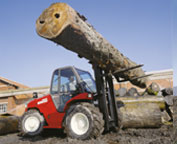

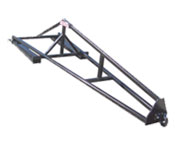
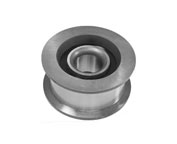
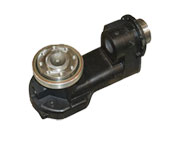

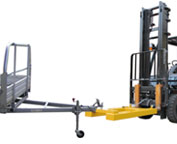
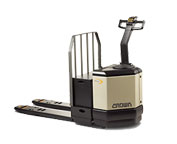
Lift Parts Express
TOLL FREE: 1-888-695-7994
LOCAL: 254-230-0021
208 HEWITT DR 103-159
Waco, Texas
forkliftpartswaco.com
Email Us
About Us


